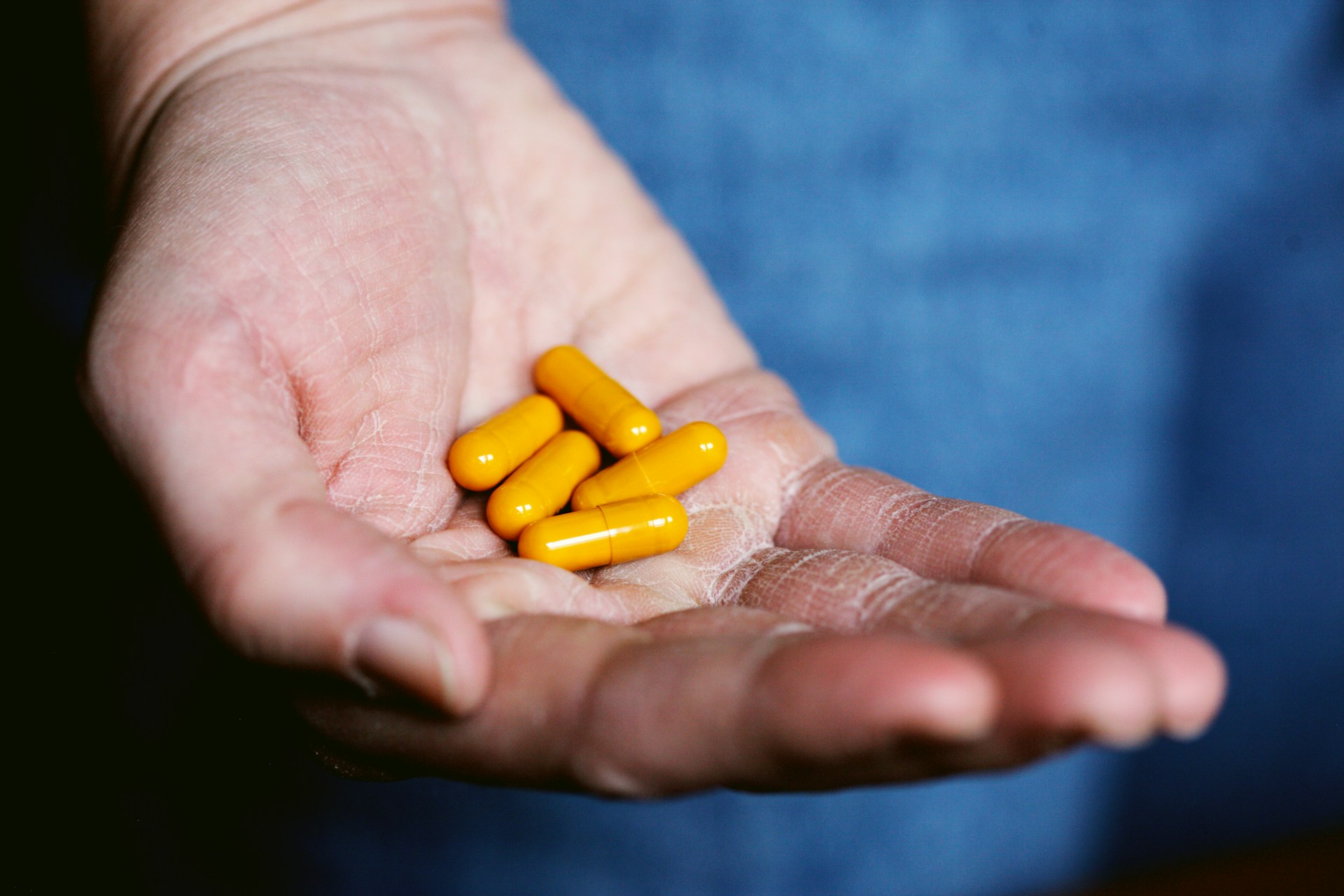Health
6 Herbal Supplements That Could Harm Your Liver

Americans are spending a staggering $13 billion annually on natural supplements, according to data from the National Institutes of Health. These herbal supplements, often touted for their health benefits, are believed to help with issues ranging from gastrointestinal problems to anxiety. But a new study suggests that some popular herbal supplements, including green tea extract and turmeric, may actually cause liver damage.
While dietary supplements typically contain concentrated vitamins and minerals, herbal supplements are derived from plant-based compounds. They can be ingested in various forms, including tablets, capsules, and liquid extracts, or used externally. Despite their “natural” label, these products are not necessarily safer than pharmaceuticals.
A recent study highlights a significant concern: more than 80,000 herbal and dietary supplements (HDS) are available without a prescription, and these products are not regulated by the U.S. Food and Drug Administration (FDA). This lack of regulation means that companies can market these supplements without rigorous preclinical testing or efficacy assessments.
The study’s chemical analyses revealed frequent discrepancies between product labels and their actual ingredients, raising alarms about their potential liver toxicity. Researchers analyzed data from the National Health and Nutrition Examination Survey (NHANES) and found that 57.6 percent of adults used HDS, with 4.7 percent exposed to six potentially hepatotoxic botanicals.
1. Turmeric
Turmeric, commonly used for its anti-inflammatory properties, is one of the most popular herbal supplements. However, it has been implicated in cases of liver damage, possibly due to the way it is metabolized in the liver.
2. Green Tea Extract
Green tea extract is often marketed for weight loss and antioxidant benefits. Despite these claims, it has been associated with liver toxicity, particularly when consumed in high doses.
3. Ashwagandha
Ashwagandha is an adaptogen believed to help with stress and anxiety. However, its safety profile is not well-understood, and it has been linked to liver damage in some cases.
4. Red Yeast Rice
Red yeast rice is used to lower cholesterol levels. While it can be effective, it also contains compounds that may cause liver injury.
5. Black Cohosh
Black cohosh is often used to alleviate menopausal symptoms. Despite its popularity, there have been reports of liver damage associated with its use.
6. Kava
Kava is known for its calming effects and is used to treat anxiety. However, it has been linked to severe liver damage and even liver failure in some cases.
The study underscores the need for increased awareness about the potential liver toxicity of these popular herbal supplements. While more research is needed to fully understand the mechanisms behind this toxicity, it’s crucial for consumers and healthcare providers to be informed about the risks. The lack of strict regulation in the dietary supplement market only adds to the urgency of this issue.
Let us know what you think, please share your thoughts in the comments below.
